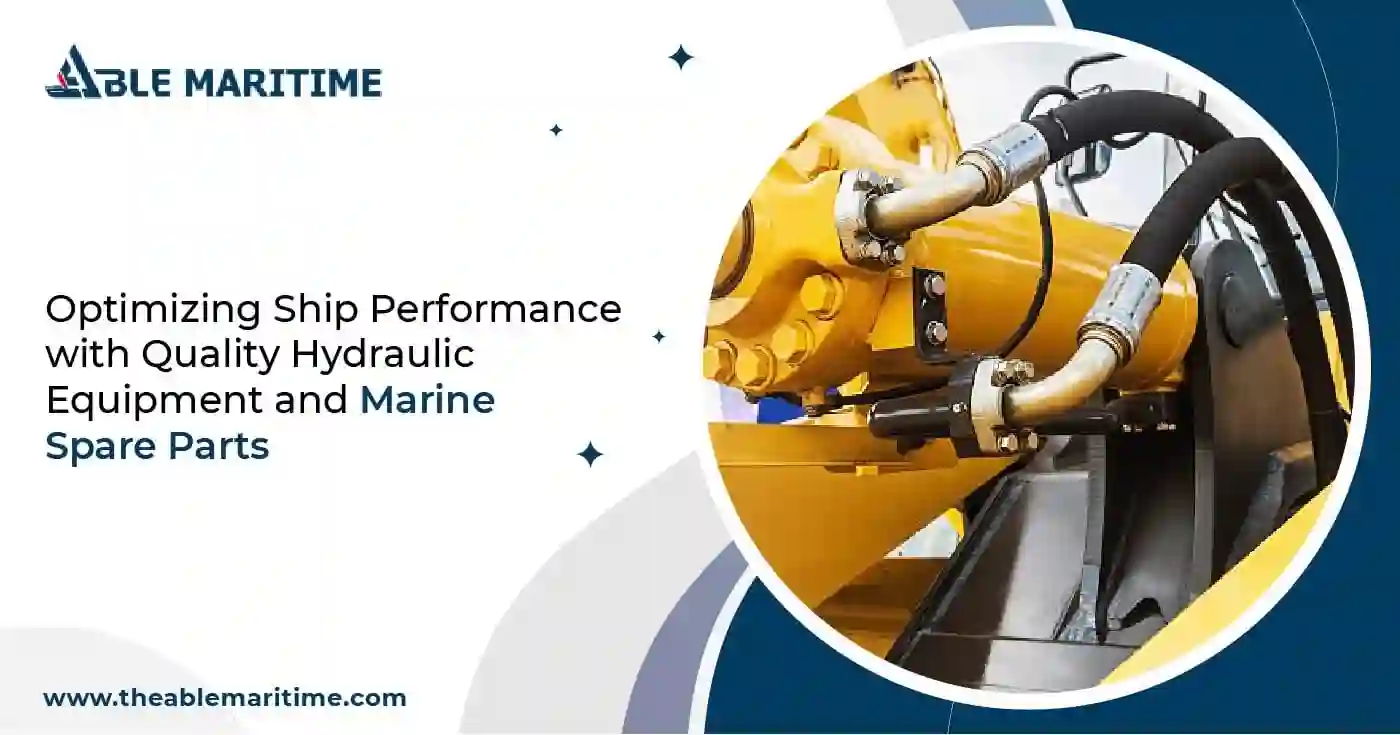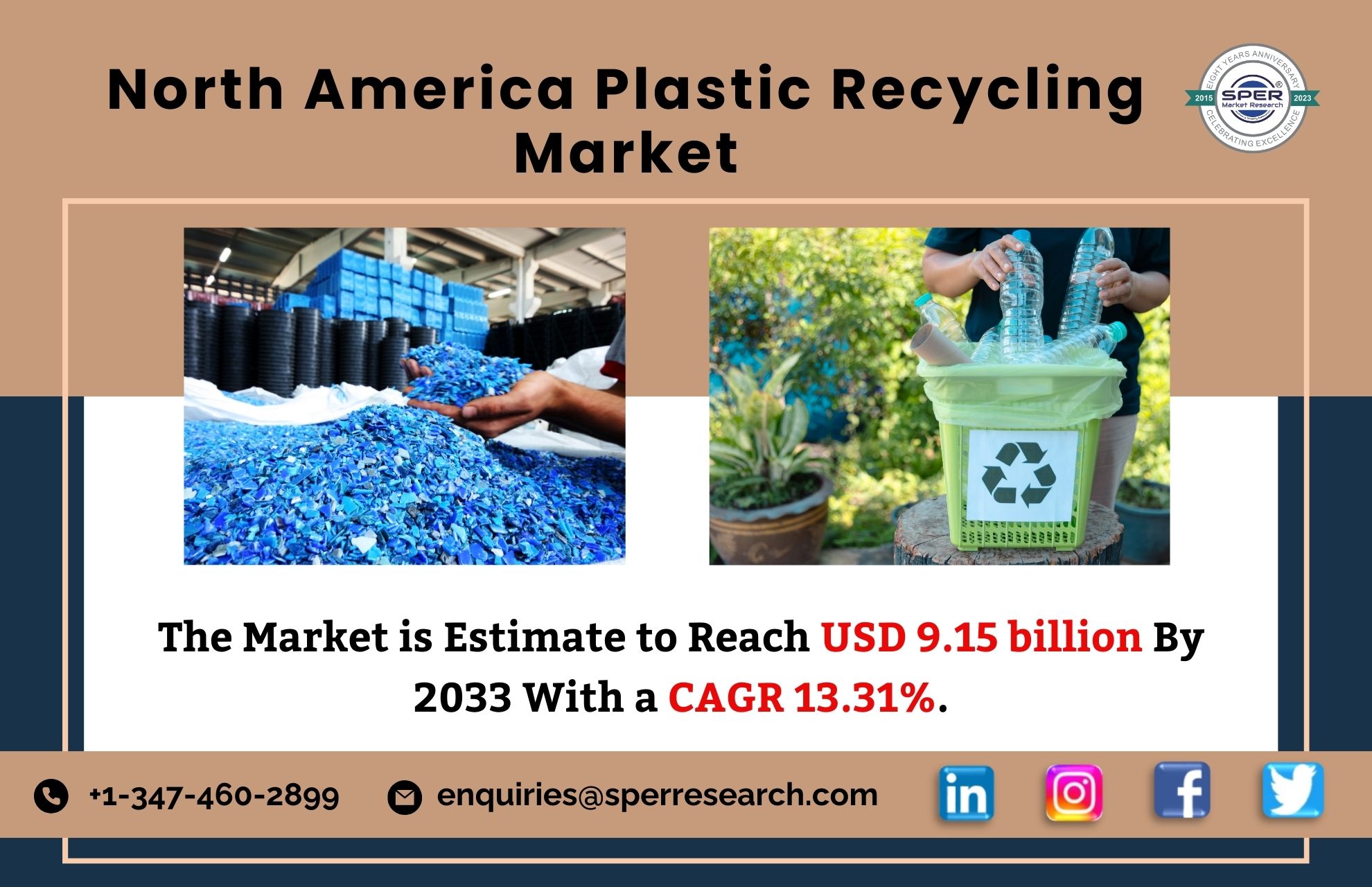The marine industry is a cornerstone of global commerce and transportation, responsible for moving a significant portion of the world’s goods across oceans and waterways. From cargo ships to oil tankers, fishing vessels to yachts, every marine operation requires reliable and efficient equipment to ensure smooth sailing. Among the most critical systems used on board are marine equipment and hydraulic systems. These essential tools play a pivotal role in maintaining vessel functionality, ensuring safety, and enhancing operational efficiency.
In this blog, we’ll delve into the importance of marine equipment, with a particular focus on hydraulic systems, their applications, and how they contribute to the overall performance of marine vessels.
Understanding Marine Equipment
Marine equipment refers to the various tools, machinery, and systems that are used aboard vessels to ensure their operation, navigation, safety, and maintenance. These include, but are not limited to:
- Engines and propulsion systems
- Navigation tools like GPS and radar systems
- Communication equipment
- Pumps and compressors
- Electrical systems
- Safety gear such as life rafts, life jackets, and firefighting systems
- Deck machinery like winches, cranes, and mooring systems
Each piece of marine equipment plays a vital role in keeping the vessel operational. Without reliable marine equipment, the risk of mechanical failure, accidents, and downtime increases significantly, affecting the efficiency of marine operations.
The Role of Hydraulic Systems in Marine Equipment
Hydraulic systems are essential to a wide range of marine operations. Hydraulics work on the principle of fluid power, where liquids, typically oil, are used to transmit force and perform various tasks. In marine environments, hydraulic systems are favored due to their ability to generate high power with minimal space, their efficiency, and their durability in harsh maritime conditions.
Hydraulics equipment is widely used in both small and large marine vessels for various functions, including:
- Steering systems: Hydraulic power steering systems are critical in large vessels, allowing for smooth and controlled navigation.
- Winches and cranes: Hydraulic winches are used for tasks like anchoring, mooring, and lifting heavy equipment. Hydraulic cranes are crucial for cargo handling, allowing vessels to load and unload goods quickly and efficiently.
- Stabilizers: Hydraulic systems are used in marine stabilizers, which help reduce the roll of a ship, making voyages smoother and safer, especially in rough seas.
- Hatch covers: Hydraulic systems are often used to operate hatch covers on cargo vessels. These systems ensure quick and efficient access to cargo holds, improving turnaround times in ports.
Advantages of Hydraulic Systems in Marine Applications
Hydraulic systems are the go-to choice for many marine operations due to their specific advantages over other mechanical or electrical systems:
- High Power Density: Hydraulic systems can transmit large amounts of power through relatively small components, making them ideal for space-constrained environments like ships.
- Durability: Marine environments are known for their harsh conditions, including saltwater exposure, high humidity, and varying temperatures. Hydraulic systems, when properly maintained, are highly durable and resistant to these conditions.
- Precision: Hydraulic systems offer precise control over movements, which is crucial for operations like crane handling, where precision is key for safety and efficiency.
- Reliability: Unlike mechanical systems, hydraulic systems have fewer moving parts and are less prone to wear and tear, making them highly reliable, especially for critical operations.
- Smooth Operation: Hydraulic systems provide smooth and continuous force, which is particularly useful for applications like steering and stabilizing, where jerky movements can be detrimental.
Key Marine Hydraulic Equipment
Some of the most commonly used hydraulic equipment aboard marine vessels include:
- Hydraulic Pumps: These are the heart of any hydraulic system, converting mechanical energy into hydraulic energy. In marine environments, pumps are used in various applications, from steering systems to deck machinery.
- Hydraulic Cylinders: These are used to create linear motion in applications like winches and hatch covers. Hydraulic cylinders are known for their high power output, compact size, and long service life.
- Hydraulic Motors: These convert hydraulic energy back into mechanical energy to drive machinery. In marine vessels, hydraulic motors are used in propulsion systems, stabilizers, and other vital operations.
- Hydraulic Filters: In the harsh marine environment, contamination can quickly degrade hydraulic fluids, leading to equipment failure. Hydraulic filters help remove contaminants and ensure the longevity of the system.
- Hydraulic Control Valves: These regulate the flow of hydraulic fluid, controlling the direction, pressure, and volume. Precise control valves are crucial for maintaining safe and efficient marine operations.
Maintenance of Marine and Hydraulic Equipment
While hydraulic systems are known for their durability, regular maintenance is essential to ensure their longevity and reliability. Marine environments present unique challenges, such as saltwater corrosion, high humidity, and mechanical wear and tear. Preventative maintenance helps to reduce the risk of equipment failure, minimizing costly downtime and ensuring that vessels remain seaworthy.
Key maintenance tasks for hydraulic systems include:
- Regular inspection of hydraulic hoses and connections: Over time, hoses can wear out due to high pressure and exposure to the elements. Regular checks for leaks, cracks, or wear are essential.
- Fluid checks and replacement: Hydraulic systems rely on clean, high-quality hydraulic fluid to function properly. Regular fluid checks and replacements help to prevent contamination and ensure smooth operation.
- Filter replacement: As hydraulic filters capture contaminants, they can become clogged over time. Regular replacement of filters is necessary to maintain system efficiency and longevity.
- Component inspection: Regularly checking hydraulic pumps, motors, and cylinders for signs of wear or damage ensures that any issues are addressed before they lead to equipment failure.
The Future of Marine Hydraulics
As the marine industry continues to evolve, the demand for more efficient and eco-friendly hydraulic systems is growing. Advances in technology are leading to the development of hybrid and fully electric systems that reduce energy consumption and emissions. However, hydraulic systems are likely to remain a staple of marine operations for the foreseeable future, thanks to their power, reliability, and adaptability.
Conclusion
Marine equipment and hydraulic systems are the backbone of the maritime industry. From powering steering systems and winches to stabilizing vessels and handling cargo, hydraulic systems play a crucial role in ensuring the safe and efficient operation of marine vessels. Proper maintenance and regular inspection are essential to keep these systems running smoothly, helping to minimize downtime and maximize productivity. As technology advances, hydraulic systems are set to become even more efficient, solidifying their place as indispensable tools in the world of marine operations.







